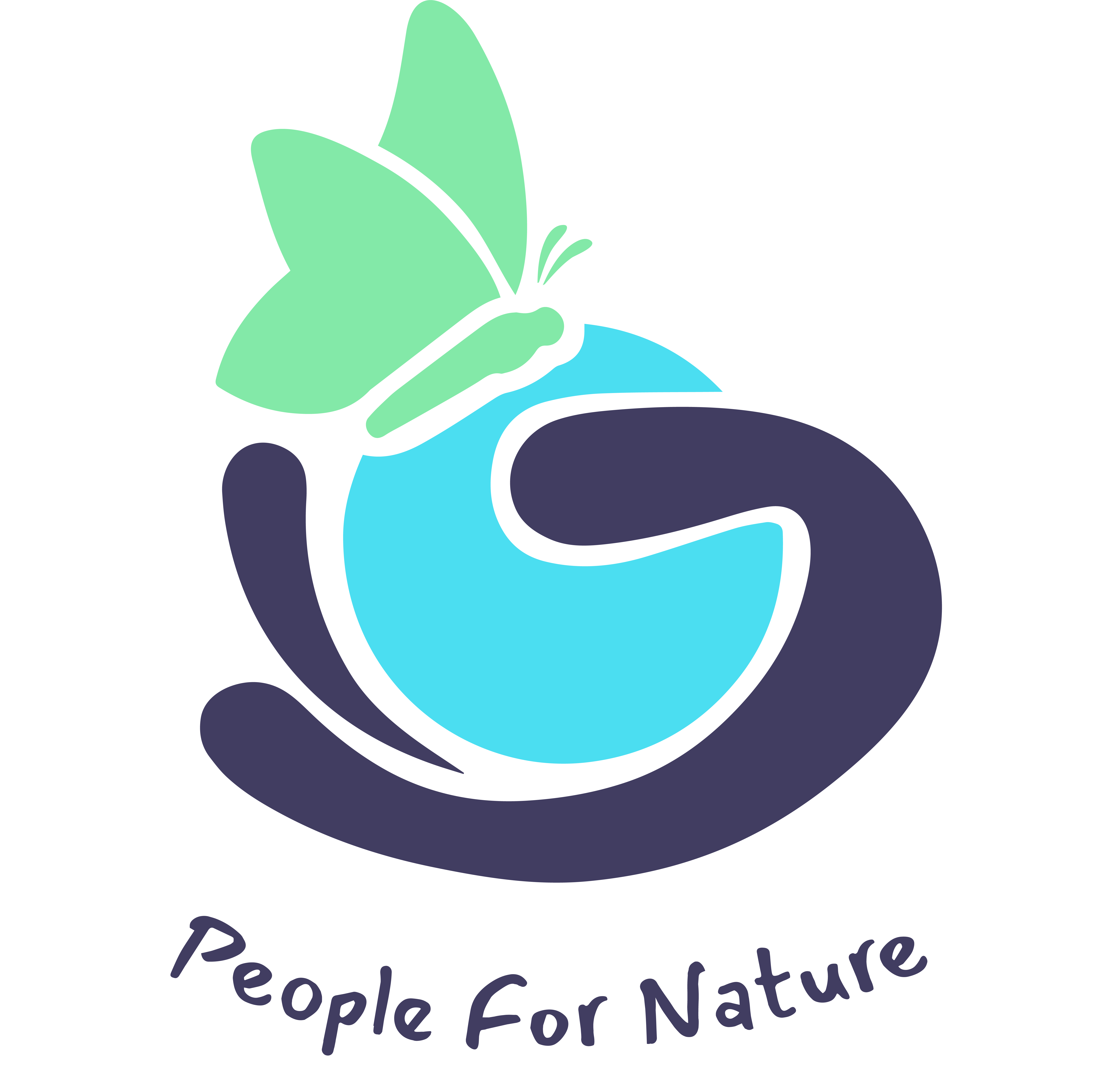Climate science, not climate silence
We are more than 150 climate and mental health researchers, psychologists, educators, doctors, young people and community leaders who work at the intersection of climate change and youth mental health.
There has been a rise in misinformation suggesting that climate education is causing climate anxiety in pre-adolescents and adolescents in Australia. In May 2025, the Institute of Public Affairs released a report claiming that “alarmist” climate education is causing mental distress in pre-adolescent Australians. It recommends scaling back, or even removing, climate education from primary schools (and potentially secondary schools) to protect young people. But that claim is built on shaky ground: it misquotes research, ignores context, and most of all, misses the point.
Climate education isn’t the problem. When done well, climate education doesn’t alarm, it empowers young people, equipping them with the skills to thrive in a changing climate. This is why we are calling for safe, accurate climate science education, not climate silence, to help build the emotional resilience, agency and hope of the next generation.
We agree: Climate anxiety in young Australians is real and rising.
There is a problem - young Australians are becoming increasingly anxious about climate change. A 2023 study found that 67% of young Australians are concerned about climate change (Orygen 2023).
This anxiety is not irrational, but a valid emotional response to a very real crisis. Across our sunburnt country, young Australians are already experiencing more frequent and severe droughts, flooding rains and other extreme weather events, and will continue to do so in the decades ahead. They’ve seen homes destroyed, species lost, food prices soar, and political leaders delay critical decisions. Contrary to what the IPA report suggests, this is not a future, invisible or abstract threat: 84% of Australians have been directly affected by climate disasters since 2019 (Climate Council 2024). Avoiding discussion of young people’s lived reality does more harm than good. Harm is caused by failing to validate and address real concerns, not by talking about them (Climate Psychology Alliance 2025).
We reject: Climate science is the cause of climate anxiety.
Climate anxiety or ‘climate distress’ (which is more accurately used to avoid the mistake of referring to reasonable and rational responses to climate change as if they were diagnostic of a mental disorder) is not caused by climate science, just as cancer research does not cause cancer anxiety. Research shows that what distresses young people is the reality of climate change, its escalating impacts, the failure of leadership to act, and the failure of adults to listen to their concerns (Sanson & Dubicka 2022, Jones & Lucas 2023; Orygen 2023)
Young people are already absorbing information about climate change through social media, news, family conversations, schoolyards, and lived experience of climate disasters. Schools offer a rare and valuable opportunity to correct and ground that information in facts, build community and emotional resilience, and provide constructive pathways forward.
Young people are asking for it themselves, as we have recently learned in a series of workshops with young Australians from every state and territory (Connecting Climate Minds). When asked what they wanted for their future, young Australians asked for more, and not less, climate education, that tells the truth and equips them to act for the future they want (Curious Climate Schools).
We agree: Climate education must be developmentally appropriate and emotionally safe.
We agree that climate education must be improved. The curriculum is inconsistent, siloed, not solutions-focused and often lacks guidance for teachers to deliver it safely or constructively (Tytler & Freebody 2023). Many teachers acknowledge they lack training and support (Beasy et al. 2023).
We believe emotionally safe, age-appropriate climate education is both possible and necessary. Developmental psychology and education research shows that climate education can be gradually introduced across primary and secondary school in age-appropriate ways that align with young people’s cognitive and emotional abilities, building understanding and resilience over time (Tytler & Freebody 2023).
Yes, climate change is confronting, but so are topics like death or illness, and we don’t shield children from those. There is strong evidence that children, even in primary school, are capable of engaging with complex topics when supported by honest, developmentally appropriate teaching (Cancer Research). In fact, avoidance, rather than explanation, can lead to greater confusion, fear and anxiety.
We reject: Climate silence as the solution.
The solution to climate distress is not less education. It’s better education. We need climate education which is accurate, holistic and psychologically safe that:
- provides comprehensive, developmentally appropriate climate science, grounds local environmental experiences into global systems, and spotlights the many climate solutions to build comprehension, hope and agency in young people;
- upholds the cross-curriculum priority of sustainability and embeds climate education across subjects so that technical knowledge is scaffolded with growing skills across multiple domains;
- integrates trauma-aware, mental health-informed approaches that help young people process their emotions, build coping tools, take action and find support;
- invests in teacher training, curriculum reform, and community-wide education to build an ecosystem of support; and
- honours First Nations knowledge, which has sustained communities and Country for over 50,000 years, and continues to offer guidance on adaptation, care and collective resilience.
Our ask: Let’s educate and empower generations of Australians.
We need a national commitment to accurate, developmentally appropriate and psychologically safe climate education. Our goal must be to give young people the tools to understand the world around them, manage complex emotions, and take meaningful action for their future and communities.
Climate change is the defining challenge of this generation. We know our children are facing a tough future, and we know that preparation is key to successful adaptation. What young people need is the knowledge, emotional resilience and support to weather the climate reality. It is also what they want. Let’s deliver safe climate science, not climate silence.









.png)















%20-%20Maddie%20McShane.jpg)

.svg.png)



